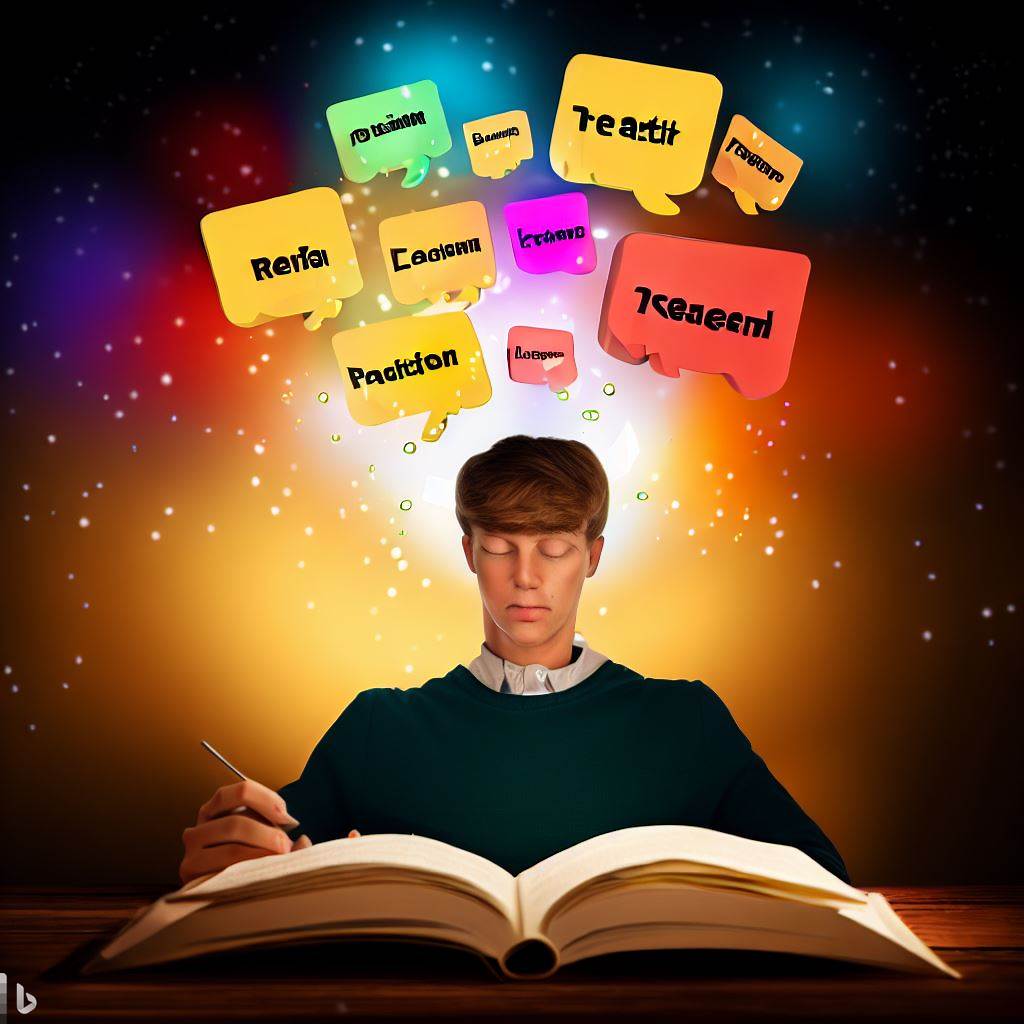Unlocking Your Memory Vault:
How to Remember Everything You Read

Introduction:
In today's fast-paced information age, the ability to remember what we read has become increasingly important. Whether it's for work, academics, or personal development, having a reliable memory can enhance our learning and productivity. In this blog, we will explore effective strategies and techniques to help you remember everything you read. By implementing these methods, you can transform your mind into a powerful memory vault, ready to recall information with ease.
Active Reading:
Passive reading won't cut it if you want to remember what you read. Active engagement with the material is key. Take notes, highlight key points, and summarize information as you read. By interacting with the text, you are more likely to remember and comprehend the content. These actions help solidify the information in your mind.
Organize and Visualize:
Organizing the information you read into a coherent structure improves retention. Create outlines, mind maps, or diagrams to visualize the connections between different concepts. Associating new information with pre-existing knowledge enhances memory retention. Furthermore, using visual aids can stimulate the visual cortex and make information more memorable. By visualizing relationships and creating mental images, you create a stronger foundation for memory recall.
Utilize Mnemonics:
Mnemonics are powerful memory tools that help you remember complex information through the use of associations or acronyms. Create memorable phrases or rhymes to encode the information in a way that is easier to recall. For instance, to remember the order of the planets, you could use the sentence, "My Very Eager Mother Just Served Us Nachos," which represents Mercury, Venus, Earth, Mars, Jupiter, Saturn, Uranus, and Neptune. Mnemonics provide a fun and creative way to remember facts and sequences.
Practice Retrieval:
Regularly testing your memory through retrieval practice strengthens your ability to recall information. Instead of relying solely on rereading, actively quiz yourself or engage in discussions with others to reinforce what you have learned. This active recall triggers the brain to retrieve the stored information, reinforcing the neural pathways associated with that knowledge. By regularly practicing retrieval, you improve both your short-term and long-term memory retention.
Create Associations:
The human brain thrives on connections. When reading, make a conscious effort to relate new information to existing knowledge or personal experiences. Creating meaningful associations helps solidify the memory in your mind. For example, if you are learning a new language, associate new vocabulary with objects or actions familiar to you. By connecting new concepts with familiar ones, you create a web of associations that facilitates memory recall.
Sleep and Review:
Sleep plays a vital role in memory consolidation. Research suggests that sleep enhances memory retention and recall. Therefore, it is important to get sufficient sleep after studying or reading. During sleep, the brain processes and organizes information, transferring it from short-term to long-term memory. Additionally, regular review sessions spaced over time can help reinforce the memories and prevent forgetting. By revisiting the material at strategic intervals, you strengthen the neural connections associated with the learned information.
Conclusion:
Remembering everything you read is an attainable goal if you employ the right strategies. By actively engaging with the material, organizing information, using mnemonic devices, practicing retrieval, creating associations, prioritizing rest, and reviewing regularly, you can enhance your memory and unlock the full potential of your reading endeavors.
Remember, it's not about the quantity of information you read, but the quality of your understanding and retention that truly matters. By implementing these techniques, you can become a more efficient learner and improve your ability to remember and apply what you read. Happy reading and remembering!
thanks for reading :)





Comments
There are no comments for this story
Be the first to respond and start the conversation.